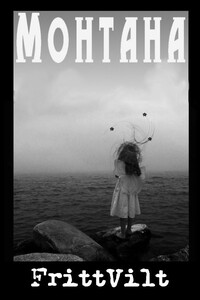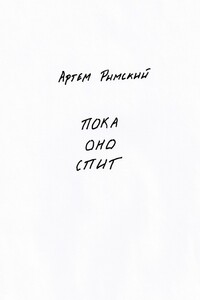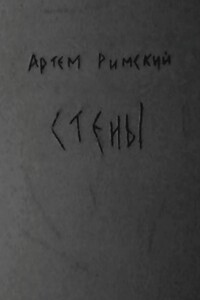‘I came to London to look for Father Reznik, took the job at St James’s Hospital so I had a base here,’ I say, slowly at first then faster still. ‘When a nun came into the hospital one day on a visit to a patient, she told me about the convent, and when I spoke about how I attended church in Spain, how Father Reznik had taught me how to fix things, she invited me to volunteer, two or three days a week.’
‘Then what?’
‘I met the priest there. He was nice to me. I told him how Father Reznik had just disappeared after all those years, and so the priest said he would help find him.’
‘And he found out this intelligence officer stuff?’
‘Yes.’
‘How?’
I steady my hands from shaking. ‘He had contacts, asked a few questions. I was not sure at first-it all appeared so unusual, untrue. And then he died.’
‘So you didn’t kill him?’
‘I…’ I drop my head, smothered suddenly by the reality of the situation. How did I let it happen? He died. I witness his blood every night when I sleep. I am testament to that. After a moment, I breathe out, rub my cheeks, my chin.
‘You all right?’
I nod. ‘Father Reznik taught me how to detect patterns, codes. Trained me in fixing things fast.’ My notebook sits under my palm. I run my fingertips over the pages now etched in ink, scratched with numbers, words, odd cryptic codes. My shoulders drop, body, mind, tired. I don’t know how all this just appears in my brain. ‘Why?’ I say after a while.
‘What do you mean?’
‘I mean why did Father Reznik teach me these things? Even when I was at university, I would come home, visit him and he would give me tests to do, advanced mathematical challenges.’ I shake my head, cross at myself for not realising before. ‘Don’t you see?’ I let out a laugh. ‘He taught them to me for a reason. And if he used to be an intelligence officer, then why? Why did he do those things with me? Why? And my mother, kissing him-did she know who he was? It all connects, you see. It all has a purpose.’ I stab the notebook with my finger. ‘And all this data. What does it mean?’
‘It’s stuff you’ve learnt, isn’t it?’
‘No. That’s the problem. I haven’t learnt it at all. I’ve always recalled data, written it down-facts, details. I had a journal at home in Salamanca when I was growing up and I used it so I could record everything, every event, name, number.’ I pick up the pad, shake it, feeling something- an anger?-surge inside me. ‘How can I remember all this information when I don’t even recall ever studying it?’
Patricia opens her mouth then closes it, exhaling. ‘I don’t know, Doc. I don’t know.’
I throw the notebook down, peer at its pages. I suddenly feel wired, fired up, charged to accelerate. My leg jigs over and over, the prospect of the truth ahead, the quest of it all making me giddy, light-headed. By my feet, another earwig scurries past, silent, stealth. I move my foot and grind its body flat with my heel.
Patricia watches me. I reach forward, slam the writing pad shut. It all makes sense now, all of it. ‘I have to call my mother.’
And, as I stand, the shredded letter remains slip from the bed and float to the floor.
‘We discussed false memories briefly before, do you recall?’ Kurt says. ‘That the mind can play tricks on us.’
Up until now, Kurt has remained silent. This is the first time he has spoken to me since I ceased talking, telling him about Patricia, about her life, her loss. For some reason, I clutch my mug tight in front of my chest as Kurt watches me, a languid smile lounging on his lips.
‘Why are you asking me about my memory?’ I say after a moment.
A heartbeat passes. ‘Why do you think I am asking you?’ He holds my gaze. I look away, scorched. ‘Tell me,’ he says after a few seconds, ‘what would you say memory is?’
I press my palms into my lap, hard, sweaty, unsure where he wants to take this, because he is still smiling and I don’t know what it means.
‘Memory is the way we use our past experiences to understand the present,’ I say. ‘Memories are created when our brains encode, store and retrieve events.’



